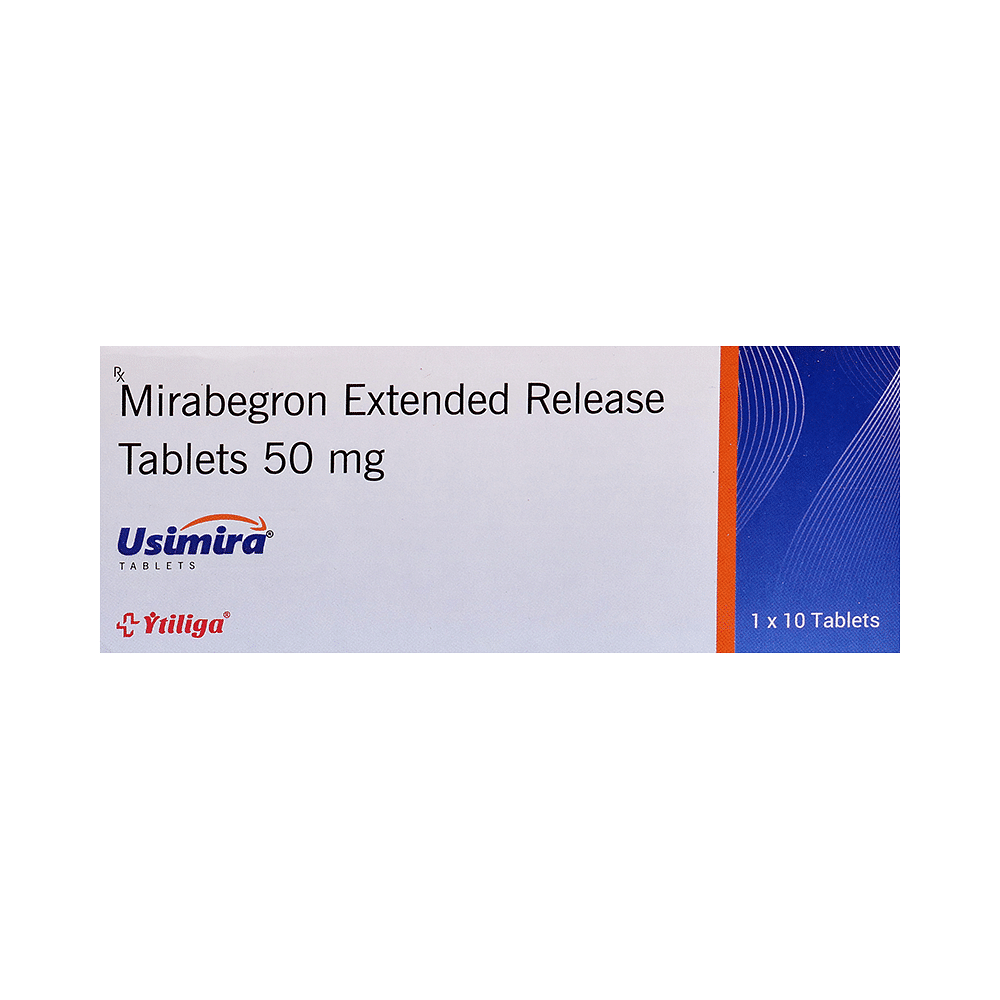
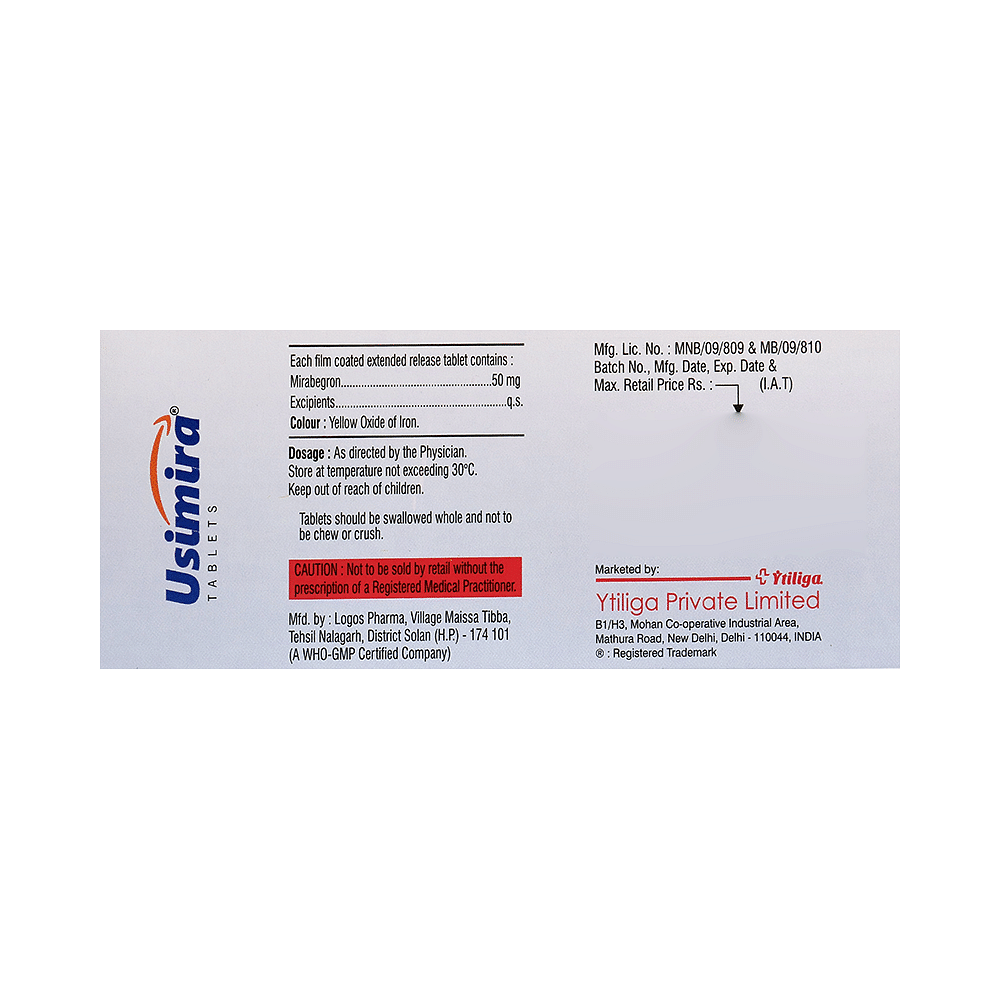
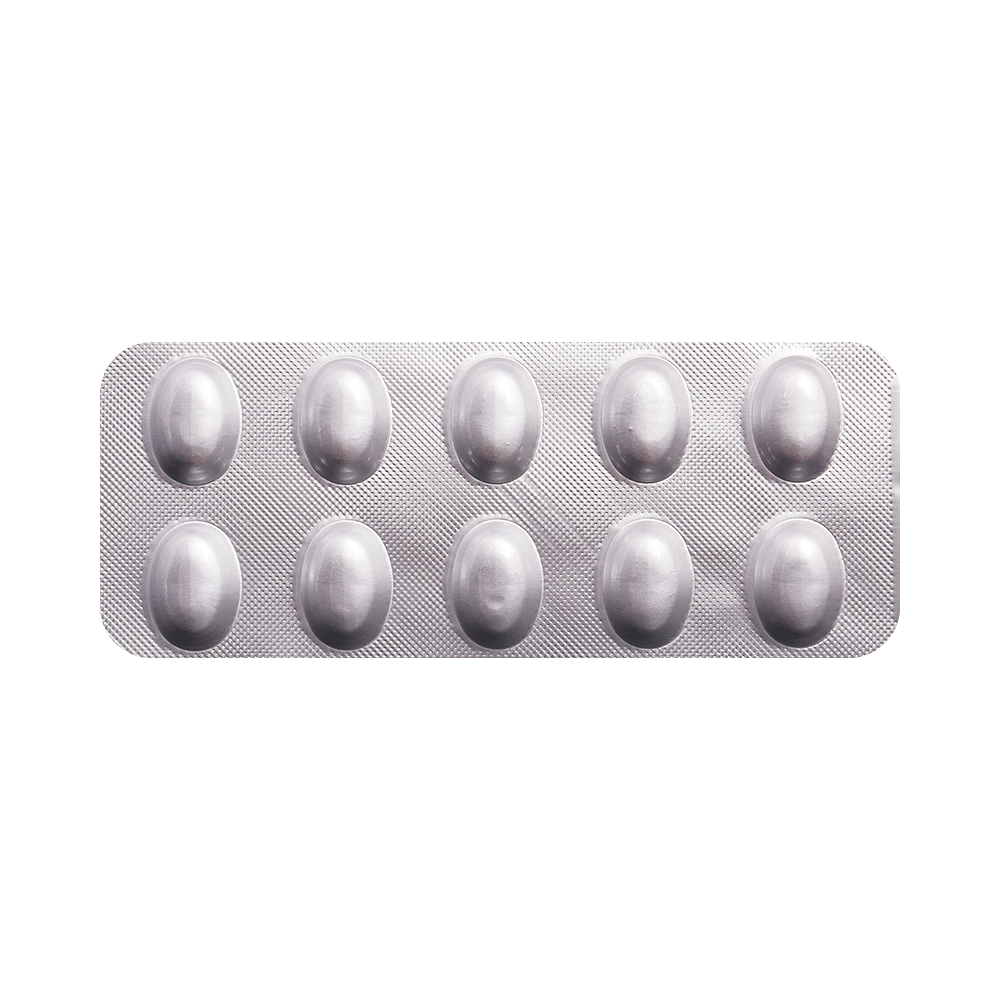
Usimira Tablet ER
Manufacturer
Ytiliga Private Limited
Salt Composition
Mirabegron (50mg)
Key Information
Short Description
Usimira Tablet ER is used to treat symptoms of overactive bladder, including increased or frequent urination, urgent need to urinate, and inability to control urination.
Dosage Form
Tablet ER
Introduction
Usimira Tablet ER is advised to take it in a dose and duration as per prescription. It can be taken with or without food. Swallow the medicine as a whole without crushing or chewing it. You should not stop taking the medicine without consulting the doctor as it may lead to the worsening of your symptoms. The course of the treatment should be completed for better efficacy of the medicine. Some common side effects of this medicine are constipation, headache, high blood pressure, nasal inflammation, urinary tract infection, rapid heartbeat, and joint pain. If any of the side effects bother you or persist, consult the doctor without delay.
Directions for Use
Take this medicine in the dose and duration as advised by your doctor. Swallow it as a whole. Do not chew, crush, or break it. Usimira Tablet ER may be taken with or without food, but it is better to take it at a fixed time.
How it works
Usimira Tablet ER is a beta 3-receptor agonist. It works by activating the receptor in the bladder, causing the bladder muscles to relax. It prevents frequent, urgent, or uncontrolled urination.
Quick Tips
Helps you to have better control over your urination Relaxes your bladder, increasing its capacity to hold urine Causes less drowsiness and constipation than other medicines for overactive bladder May raise your blood pressure, so monitor your blood pressure regularly Do not stop taking this medicine if you do not notice an improvement in your symptoms as it may take some time for your bladder to adapt and your symptoms to improve
Related Medicines
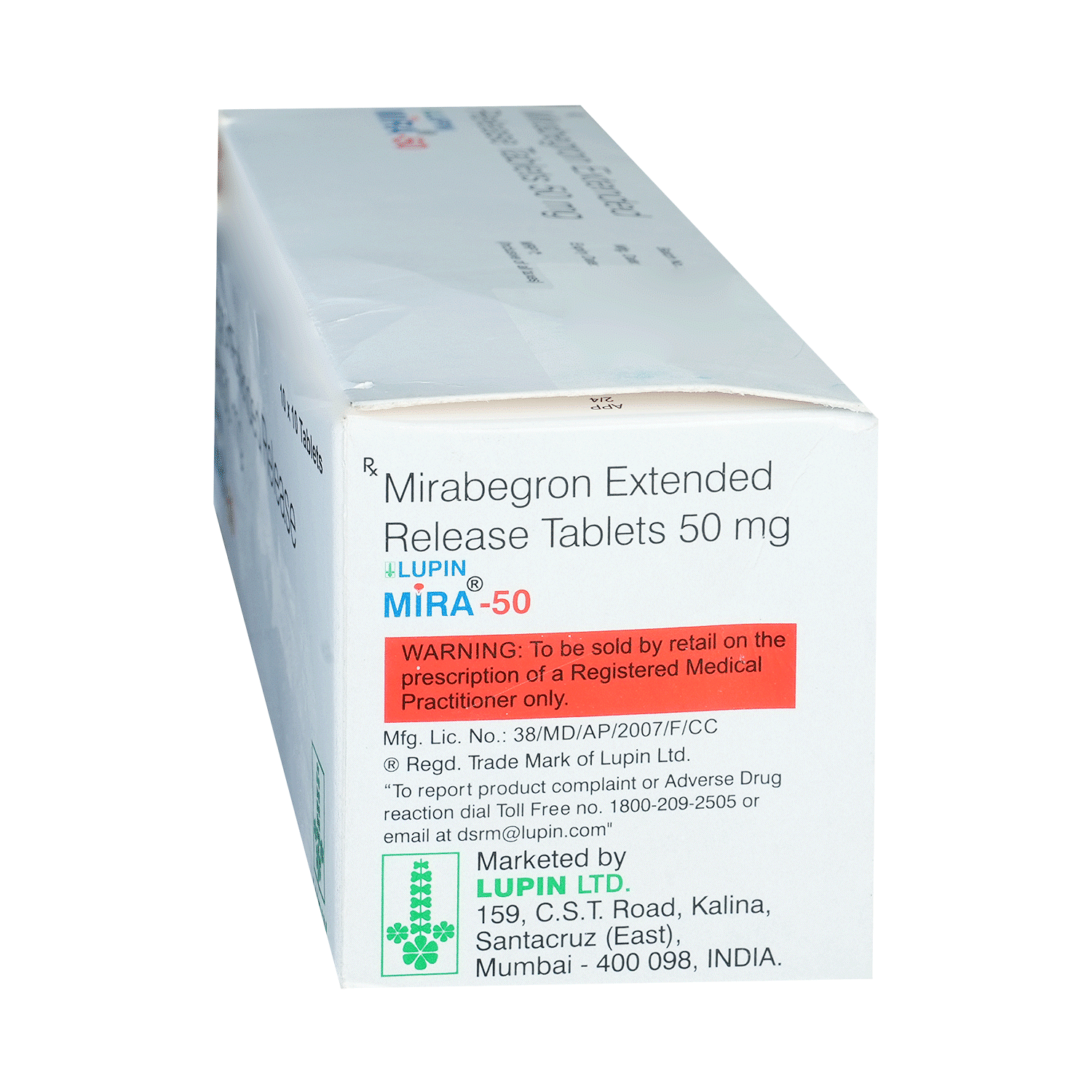
Lupin Mira 50 Tablet ER
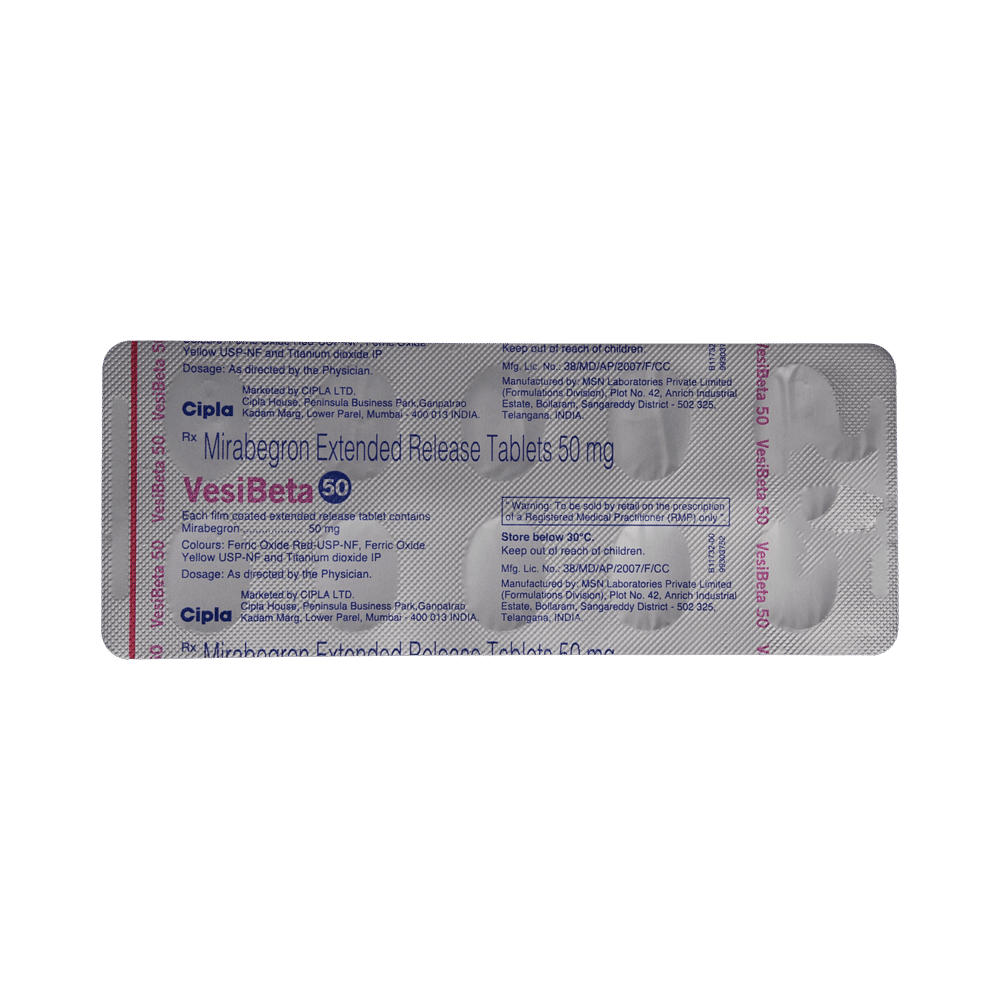
VesiBeta 50 Tablet
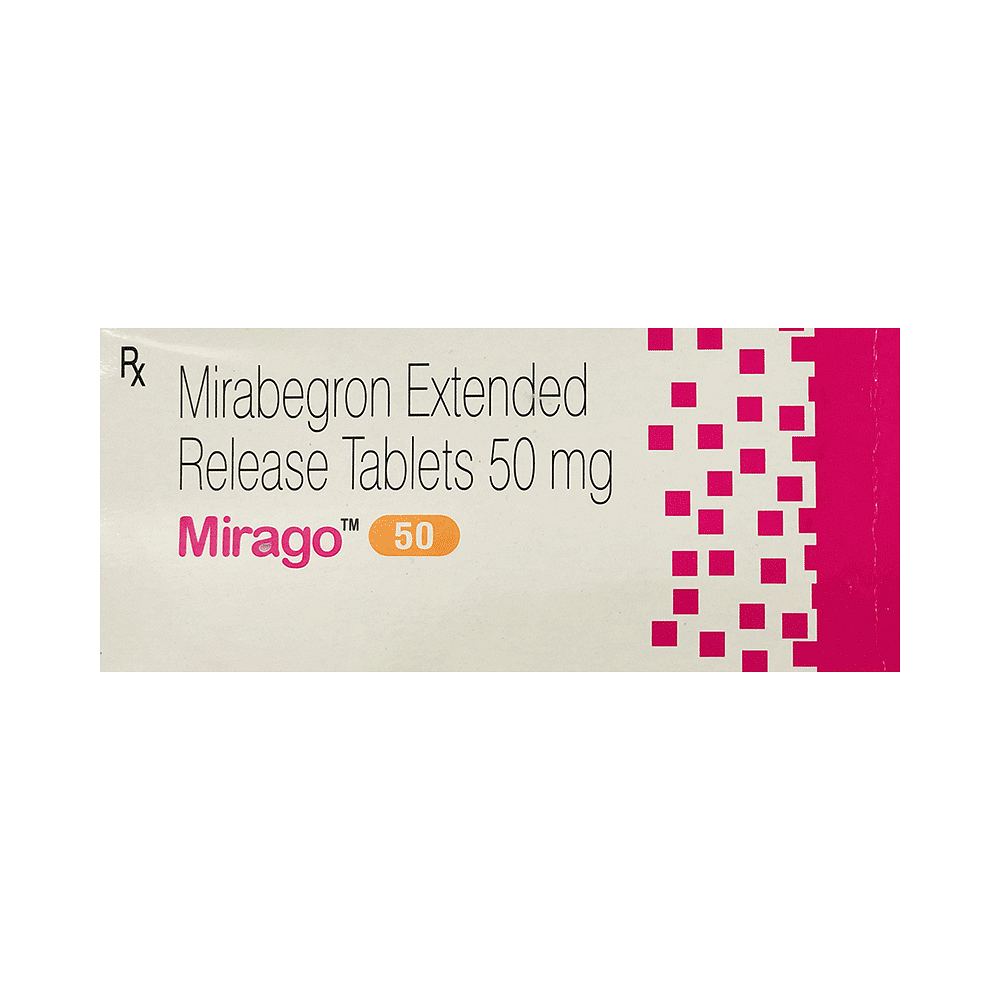
Mirago 50 Tablet
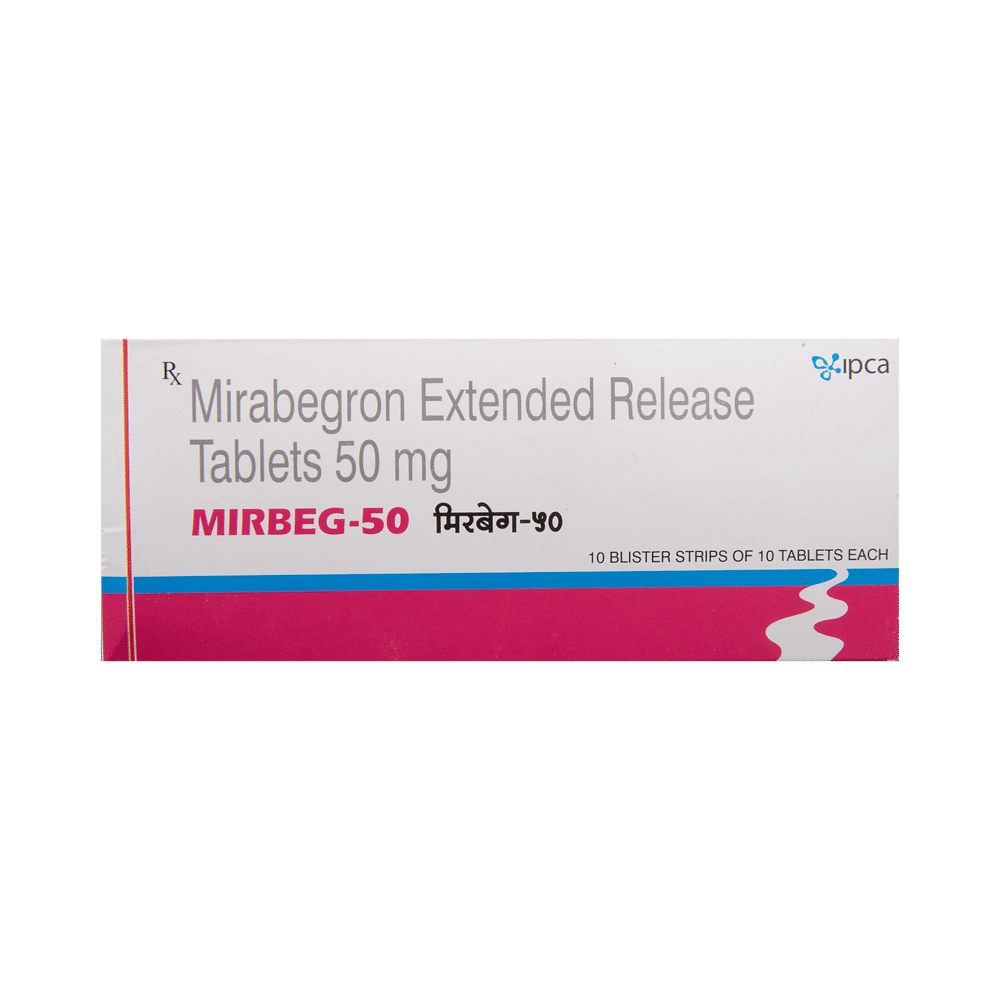
Mirbeg-50 Tablet
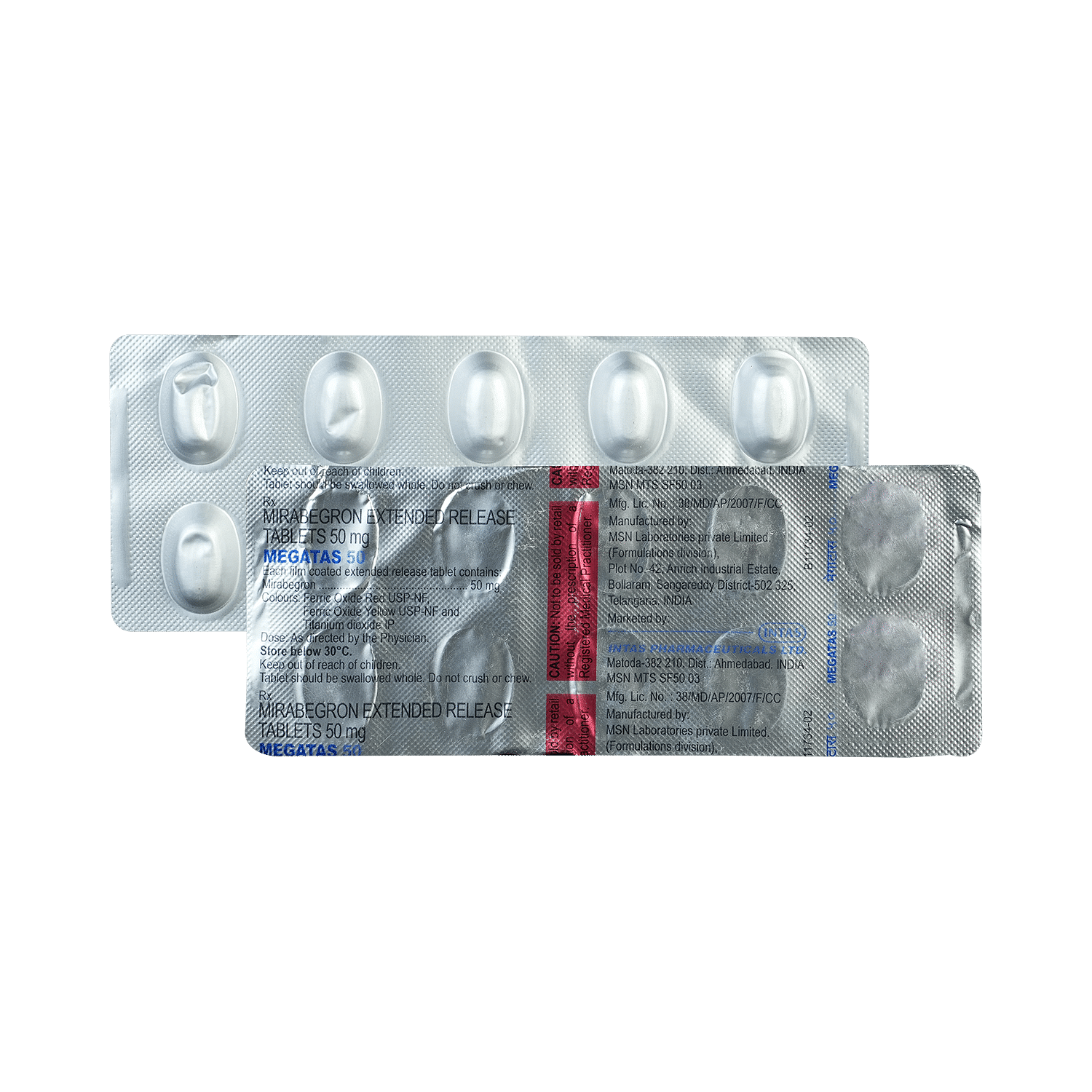
Megatas 50 Tablet ER
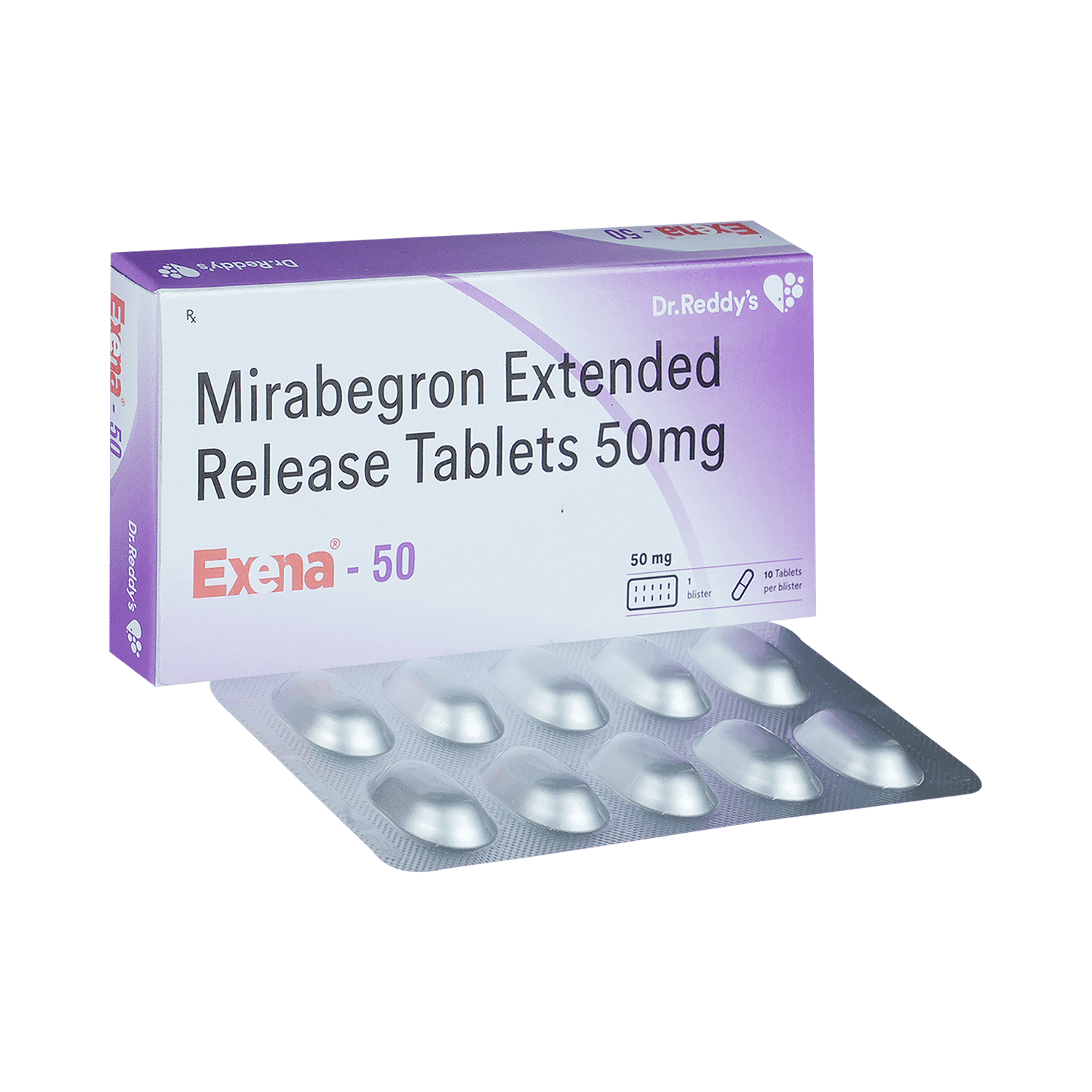
Exena 50 Tablet ER
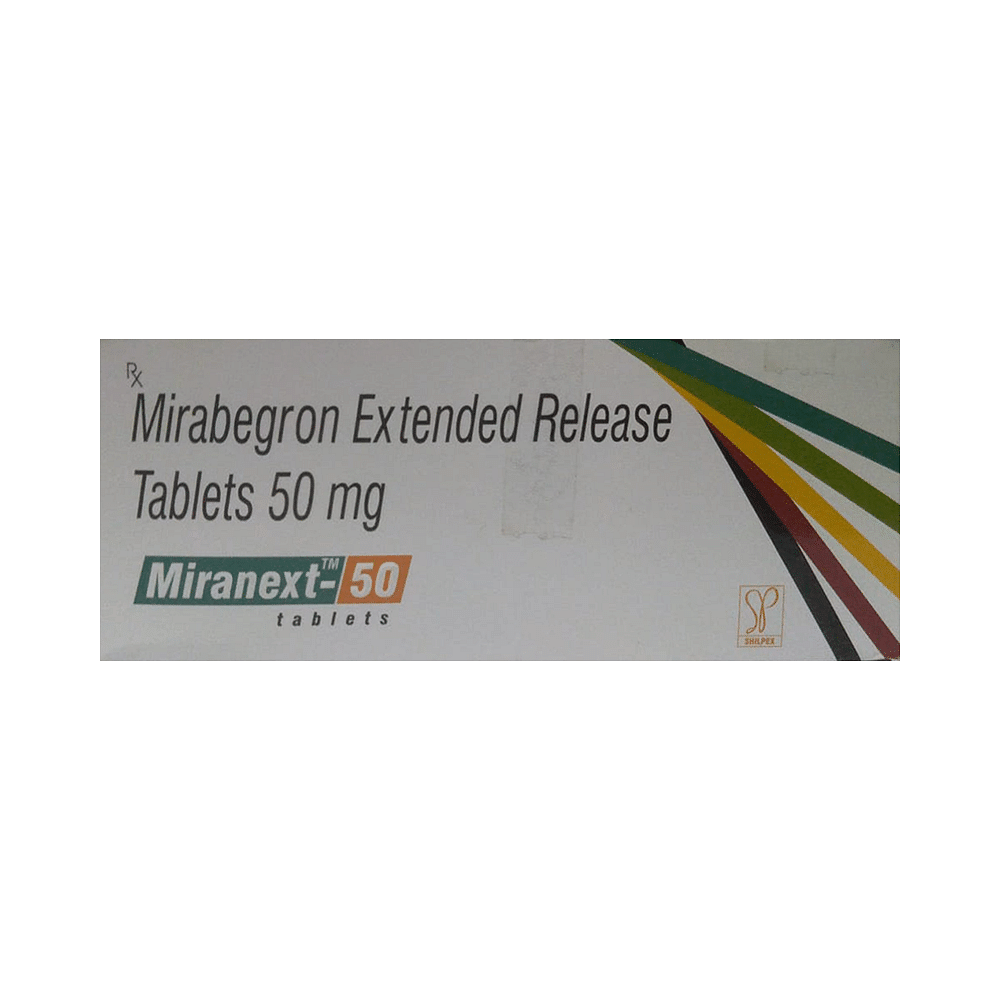
Miranext 50 Tablet ER
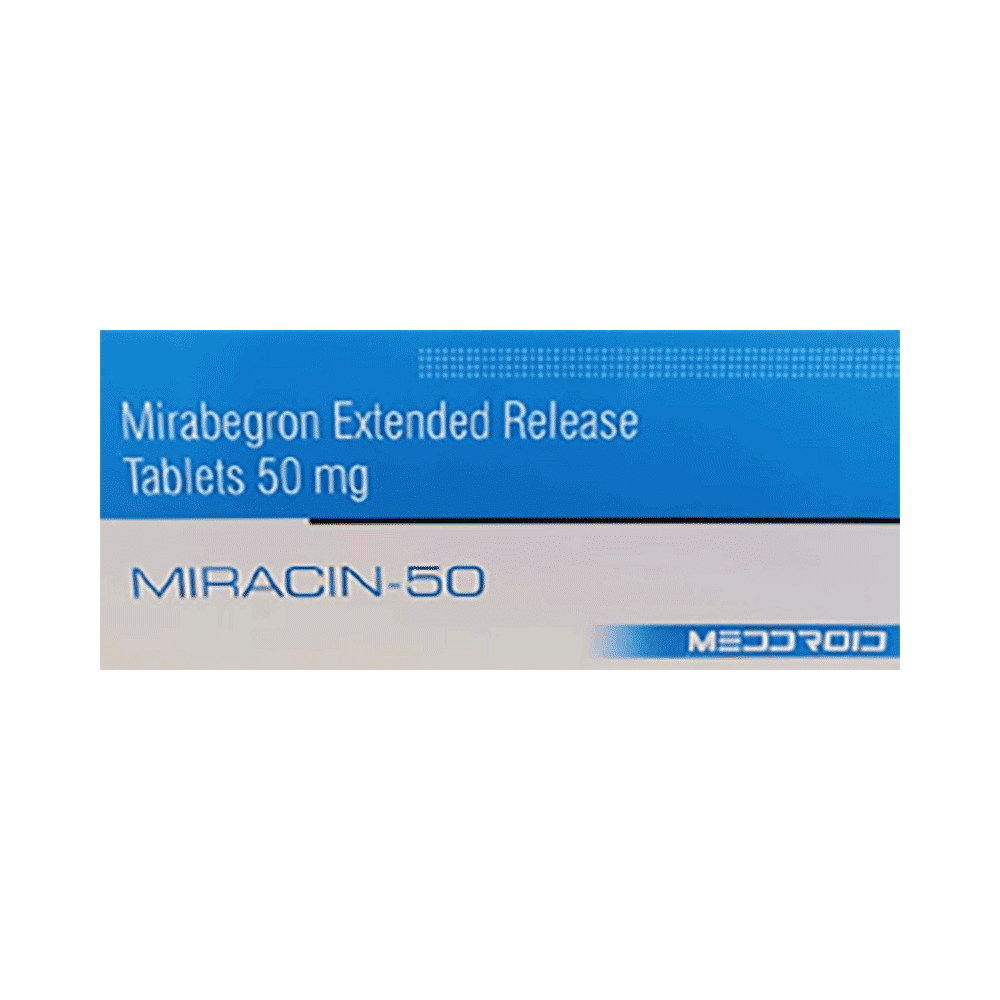
Miracin 50 Tablet ER
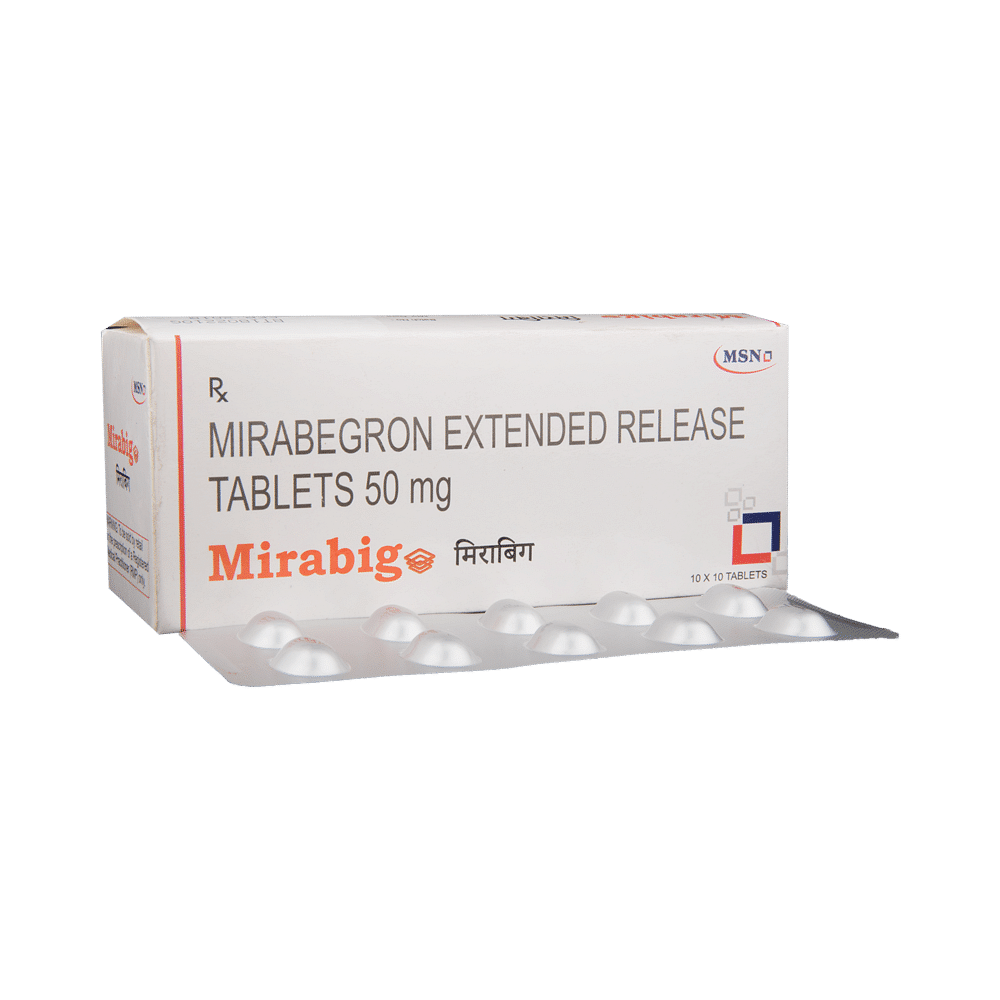
Mirabig 50mg Tablet ER

Avomira 50mg Tablet ER
Frequently asked questions
How long does it take for Usimira Tablet ER to show its effects?
You may see the full benefits of Usimira Tablet ER after 8 weeks of starting the treatment or longer. Depending on how well the medicine suits and affects the patient, the dose can be increased after 4-8 weeks.
Can I stop taking Usimira Tablet ER if I start feeling better?
No, do not stop taking Usimira Tablet ER even if you start feeling better. This medicine does not cure overactive bladder but relieves the symptoms of urgency, frequency and incontinence (unable to control when you empty your bladder). Stopping treatment may result in a recurrence of the symptoms of overactive bladder.
Does Usimira Tablet ER cause loss of sleep?
No, Usimira Tablet ER does not affect your sleep. However, if you are having any problems related to your sleep, talk to your doctor.
What is the effect of Usimira Tablet ER in children?
Usimira Tablet ER should not be used in children because its effectiveness and side effects in children (age < 18 years) have not been studied yet.
Can I take Usimira Tablet ER off and on?
No, you need to take it daily as directed by your doctor since it controls your condition and does not cure it. Your bladder takes time to adapt to the medicine, so if you take it off and on, you will not get the desired benefits and your symptoms will recur.
Does Usimira Tablet ER affect the kidneys?
Infection of kidneys, ureters, urinary bladder or urethra is a possible side effect of Usimira Tablet ER but does not affect everyone. Very few patients have reported of developing renal stones and bladder pain with the use of Usimira Tablet ER. Also, patients with compromised kidney function should be careful while using Usimira Tablet ER and report any unwanted symptoms related to kidneys to the consulting doctor.
Do I need to be careful while taking Usimira Tablet ER if I am taking medicines to control my blood pressure?
Yes, you need to be careful while taking Usimira Tablet ER if you have high blood pressure. Keep a regular check on your blood pressure since Usimira Tablet ER can cause an increase in blood pressure in some people. It should not be used in patients with severe uncontrolled hypertension.
What if I accidentally take more than the required dose of Usimira Tablet ER?
Seek immediate medical attention even if you do not feel any discomfort. Overdose of Usimira Tablet ER may increase your pulse rate and blood pressure. As a result of this, you may experience severe headache, palpitations, chest pain and fatigue.


